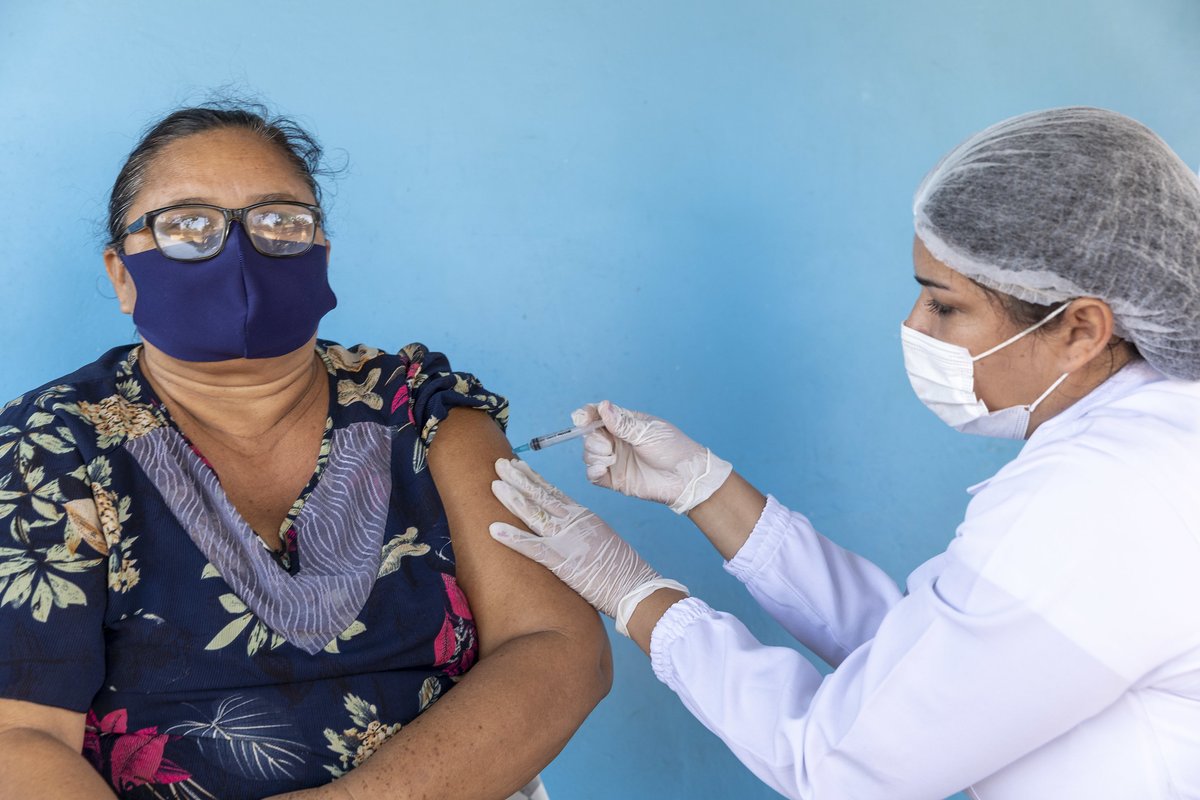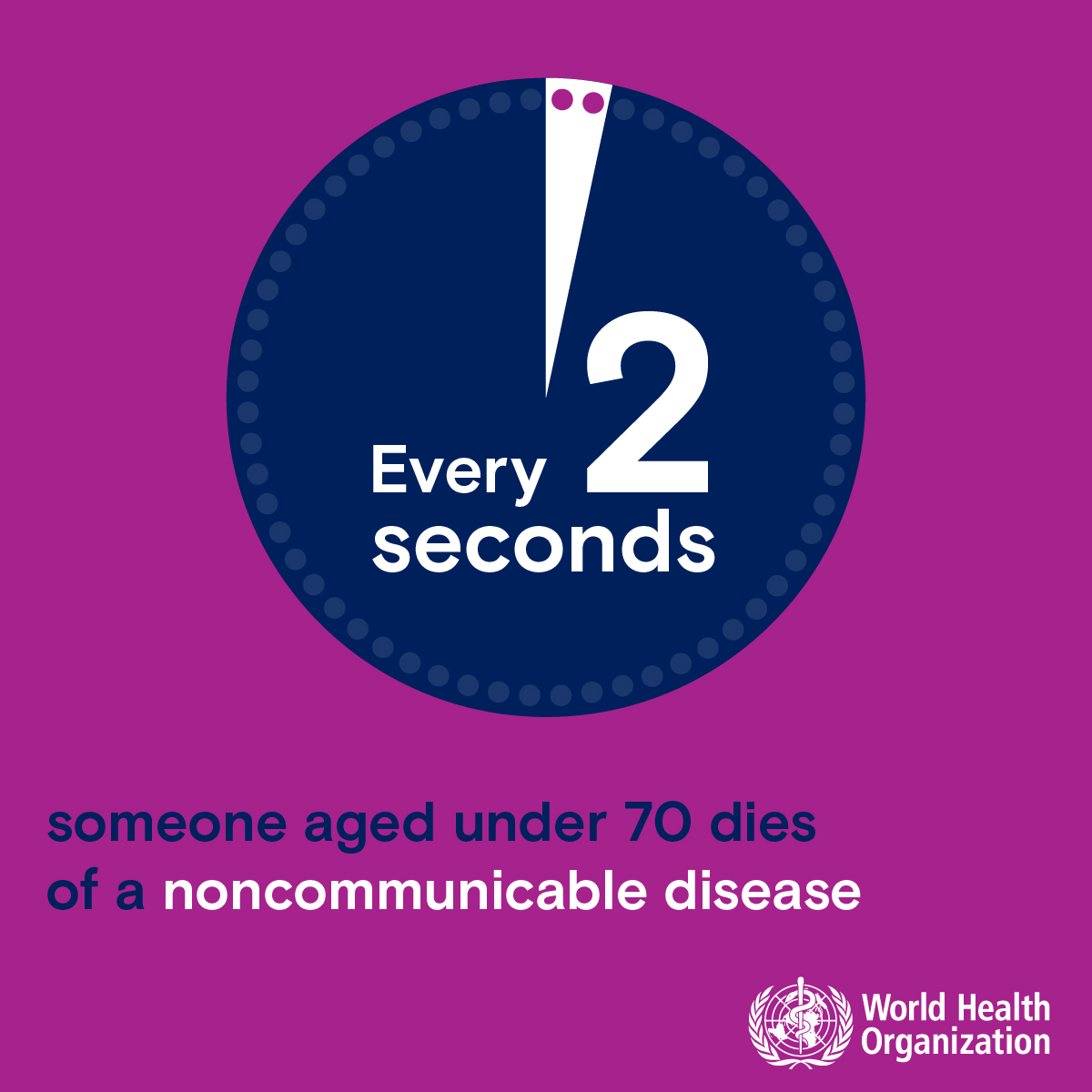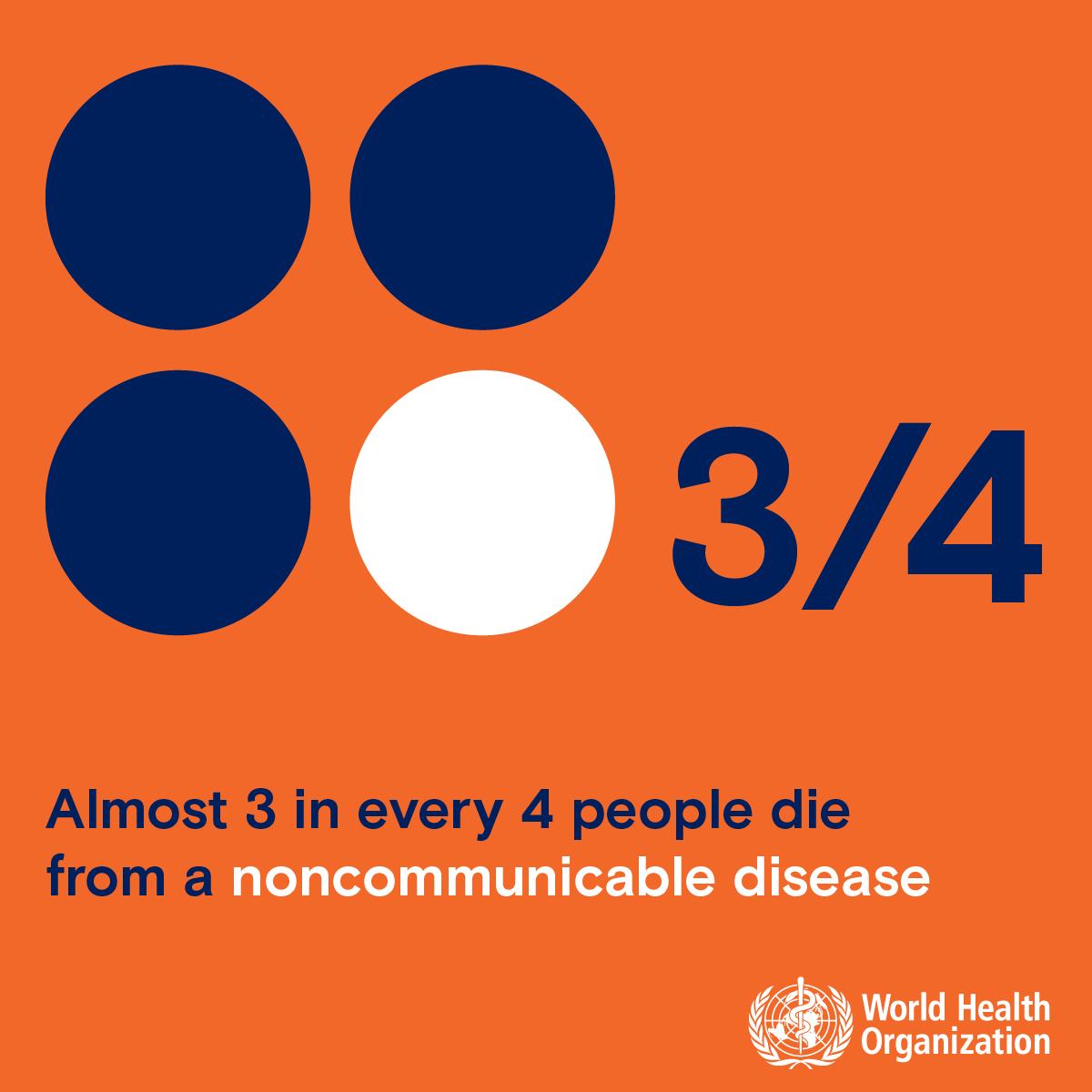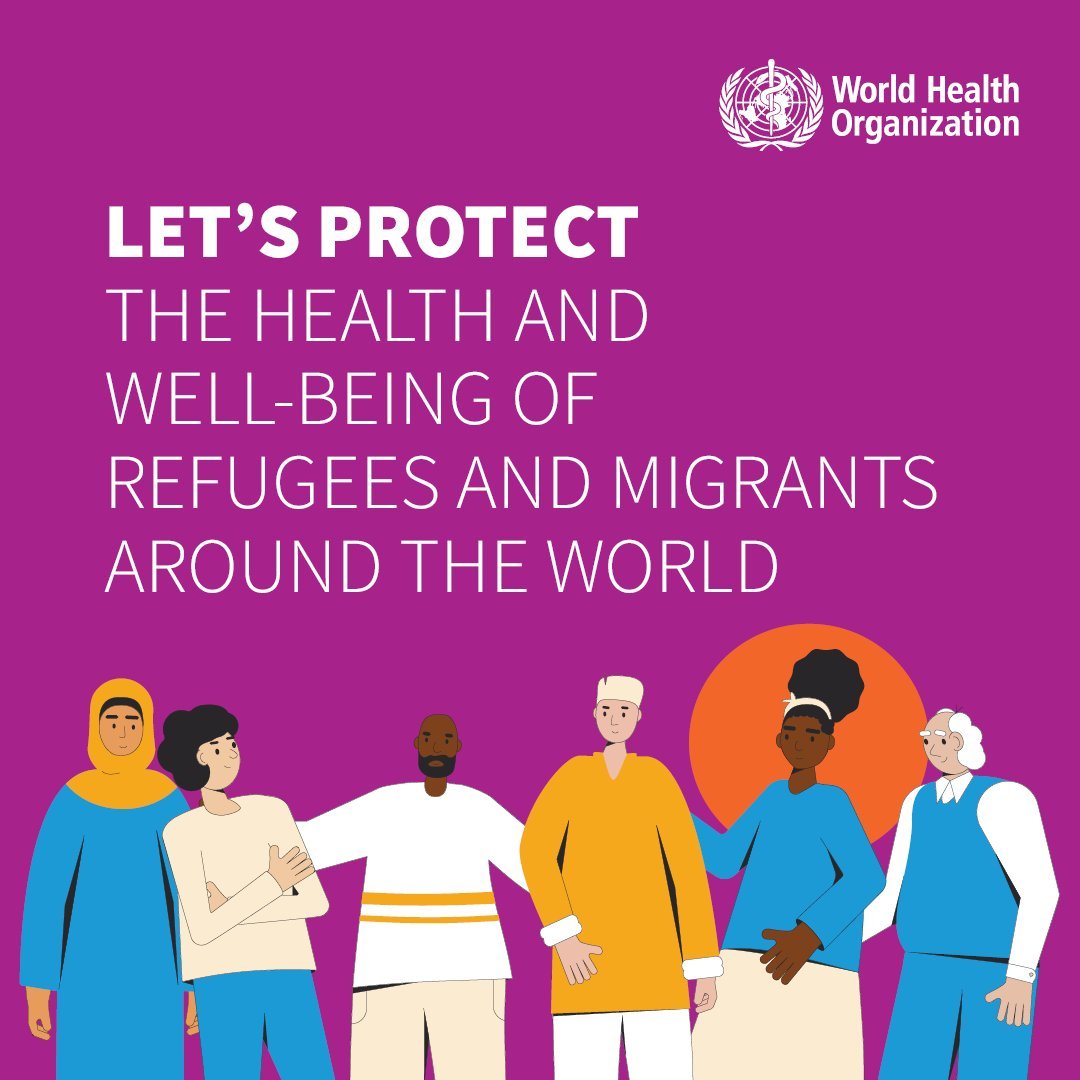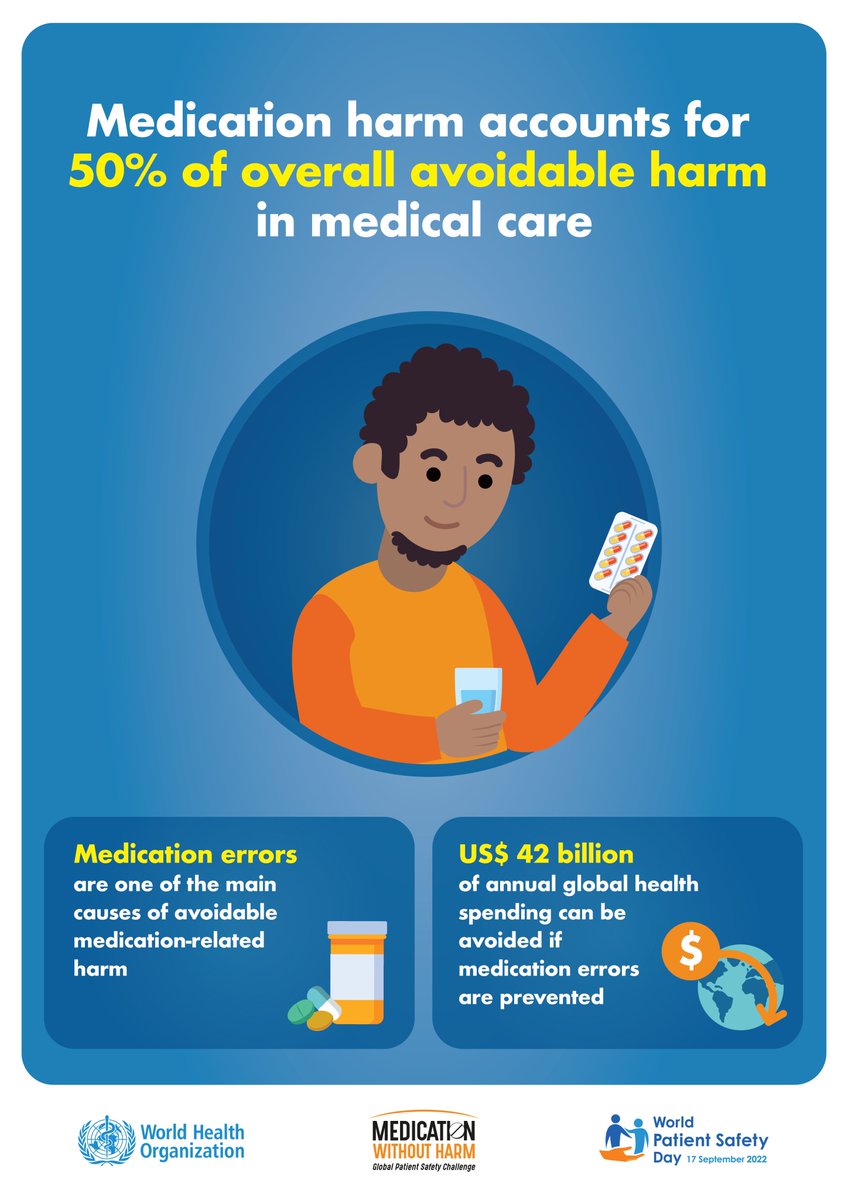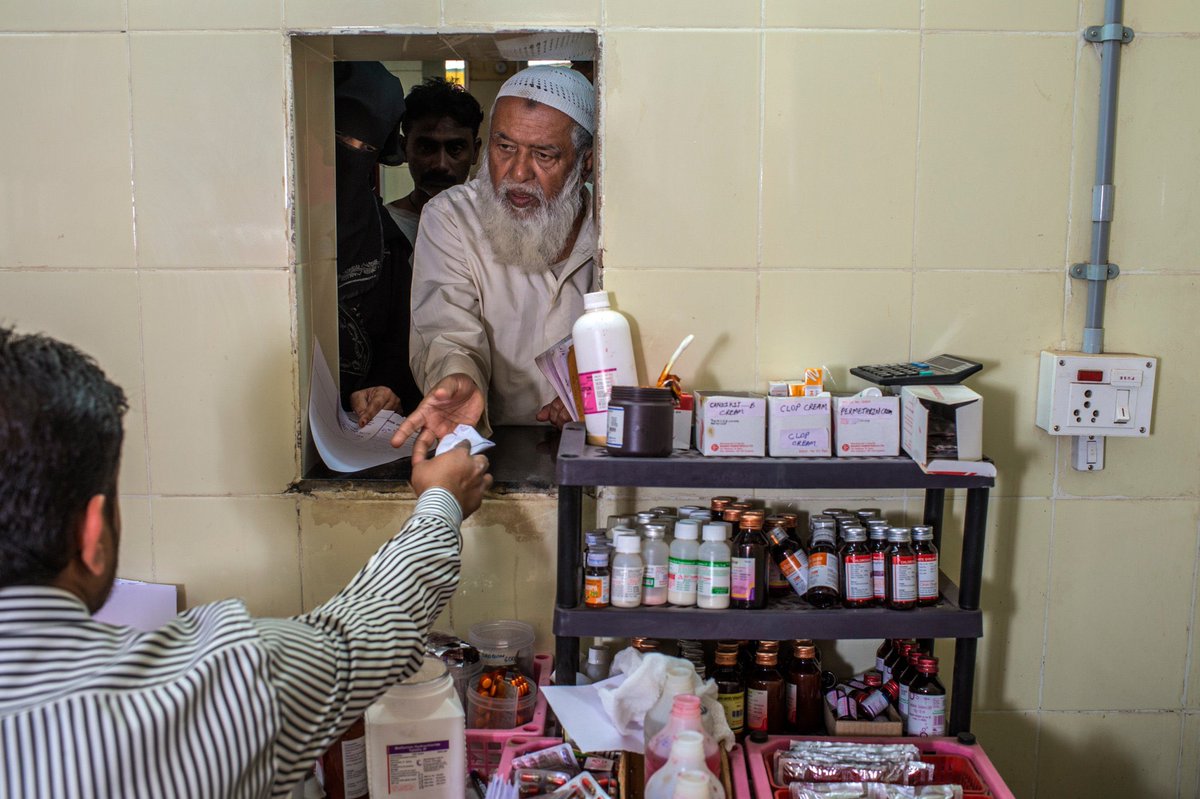
LIVE: @DrTedros' remarks at the #COVID19 Global Action Plan Ministerial Meeting twitter.com/i/broadcasts/1…
"We have never been in a better position to end #COVID19 as a global health emergency. The number of weekly reported deaths is near the lowest since the pandemic began, and 2/3 of the world’s population is vaccinated, including 75% of #healthworkers and older people"-@DrTedros
"But there is much more to be done. Huge disparities in vaccination coverage, plummeting rates of testing and sequencing, and gaps in access to antivirals put us all at risk"-@DrTedros #COVID19
https://twitter.com/WHO/status/1573374580194181122?s=20&t=ODgsfdi_GB3zKjiVnHWj_g
@DrTedros "We have the tools to bring the acute phase of this pandemic to an end. But only if we vaccinate all #healthworkers and older people, keep testing, and expand access to effective antivirals"-@DrTedros #COVID19
https://twitter.com/WHO/status/1573374751707635712?s=20&t=sF1zYirzycj3dZvZ022MOg
@DrTedros "WHO is working with our Member States to build a stronger architecture for health emergency preparedness & response with:
-a new #PandemicAccord & strengthened Intl. Health Regulations
-enhanced financing through the Financial Intermediary Fund
..."-@DrTedros #COVID19
-a new #PandemicAccord & strengthened Intl. Health Regulations
-enhanced financing through the Financial Intermediary Fund
..."-@DrTedros #COVID19
@DrTedros "...
-enhanced systems & tools for surveillance, preparedness & equitable access to tools, incl. a truly multilateral supply chain clearing house;
And with a strengthened & sustainably financed WHO playing a central coordinating role"-@DrTedros #COVID19
-enhanced systems & tools for surveillance, preparedness & equitable access to tools, incl. a truly multilateral supply chain clearing house;
And with a strengthened & sustainably financed WHO playing a central coordinating role"-@DrTedros #COVID19
https://twitter.com/WHO/status/1573375325475840000?s=20&t=sF1zYirzycj3dZvZ022MOg
@DrTedros The full remarks by @DrTedros at the #COVID19 Global Action Plan Ministerial Meeting ➡️ bit.ly/3DPtxHn

https://twitter.com/DrTedros/status/1573364331332661248?s=20&t=pUvN5GAZ0j6jYvvU9VseNA

• • •
Missing some Tweet in this thread? You can try to
force a refresh


